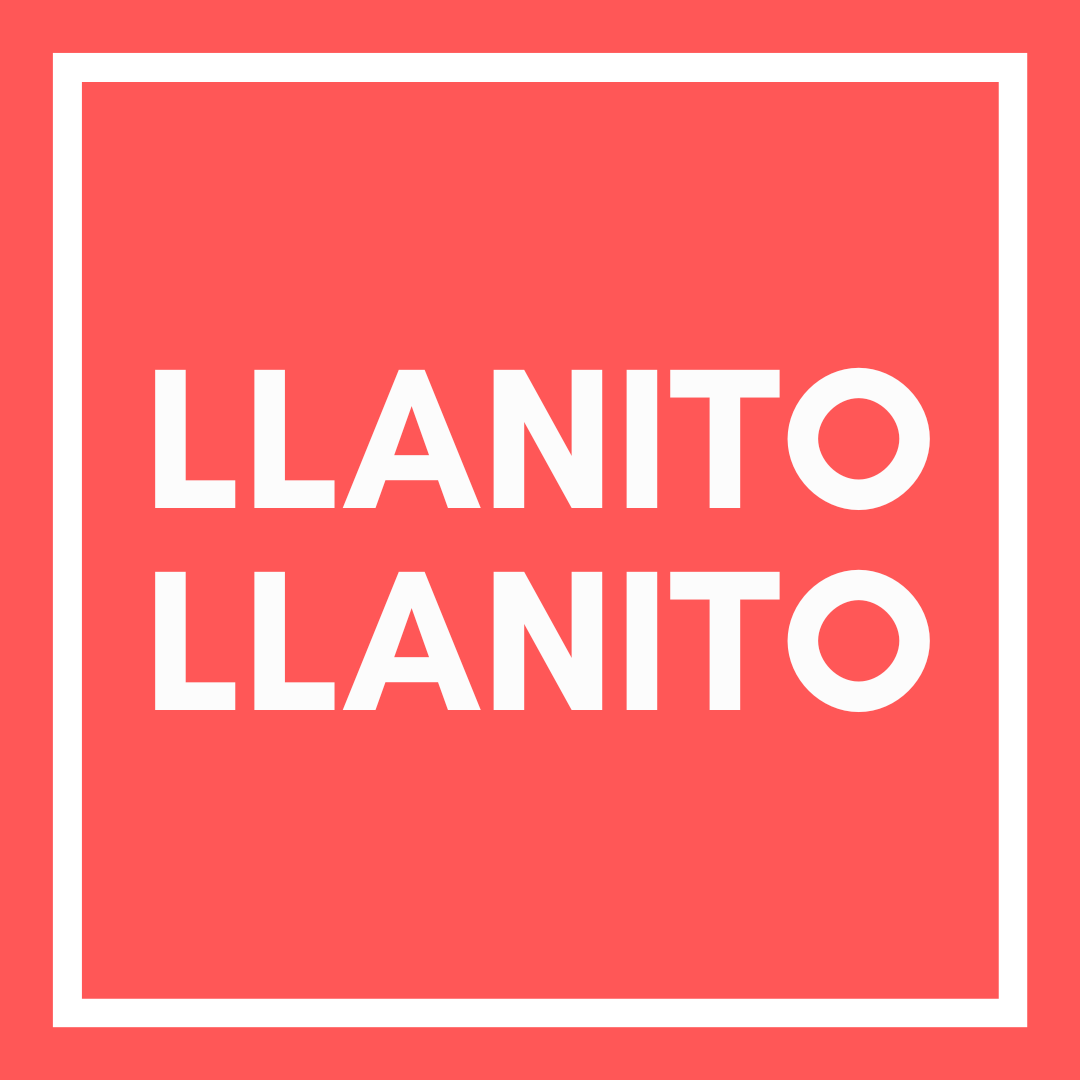About Us
Our Main Aims
- To advocate for the official recognition of Gibraltar's multilingualism
- To inform about and promote multilingualism in Gibraltar
- To inform about the impact of multilingualism on the Gibraltarian economy
- To increase opportunities for members of the public to learn languages
- To increase opportunities for children to learn languages in school
- To research language policies and languages in Gibraltar to develop a sustainable language policy for Gibraltar
- To create a repository of research conducted on languages in Gibraltar
- To push for the official recognition of Llanito
- To create an officially recognised language board for Llanito
- To promote and encourage the use of Llanito in all sectors of Gibraltar's public life
What Is Llanito And Why Should We Protect It?
Llanito is a reflection of Gibraltar's rich multilingual and multicultural society, it is the direct result of Gibraltar's sociocultural history, our ancestors' intangible linguistic heritage which is slowly disappearing.
Llanito is one of the languages spoken in Gibraltar. According to an undergraduate study conducted in 2014/15 79.4% of Gibraltarians considered Llanito to be one of their native languages. Llanito is a language unique to Gibraltar, if we do not protect, promote and encourage its use, who else is going to do it for us?
Isn't Llanito Just Incorrect Spanish?
Llanito and Spanish share certain aspects of their linguistic history and may appear similar on the surface as they are both Ibero-Romance languages like Portuguese, Galician, Asturian amongst others. However, over last 300+ years Llanito has been influenced by Gibraltar's heritage languages such as Genoese and Haketia, additionally, since the mid-1900s Llanito has been strongly influenced by British English. Therefore, Llanito, in certain domains, may be mutually intelligible with Spanish and in others completely incomprehensible to a Spanish speaker.
Amongst multilingual Gibraltarians Llanito may be used simultaneously with English and Spanish, two languages which have played a significant role in Llanito's development, in what is known as codeswitching (in this case Llanito-English-Spanish) which may lead some to erroneously believe that Llanito is merely an unordered, unorganised and random mix of Spanish and English when Llanito follows its own lexical and grammatical rules as any other language.
Multilingualism Is The Norm Not The Exception
The world is full of multilingual countries. Luxembourg has three official languages (Luxembourgish, German and French), Switzerland has four official languages (German, French, Italian and Romansch), Curaçao, a constituent country of the Netherlands has three official languages (Papiamento, Dutch and English). These are only a few examples.
Gibraltar's monolingual language policy is in the minority not the majority. Recognising languages is progress, promoting monolingualism is not.


